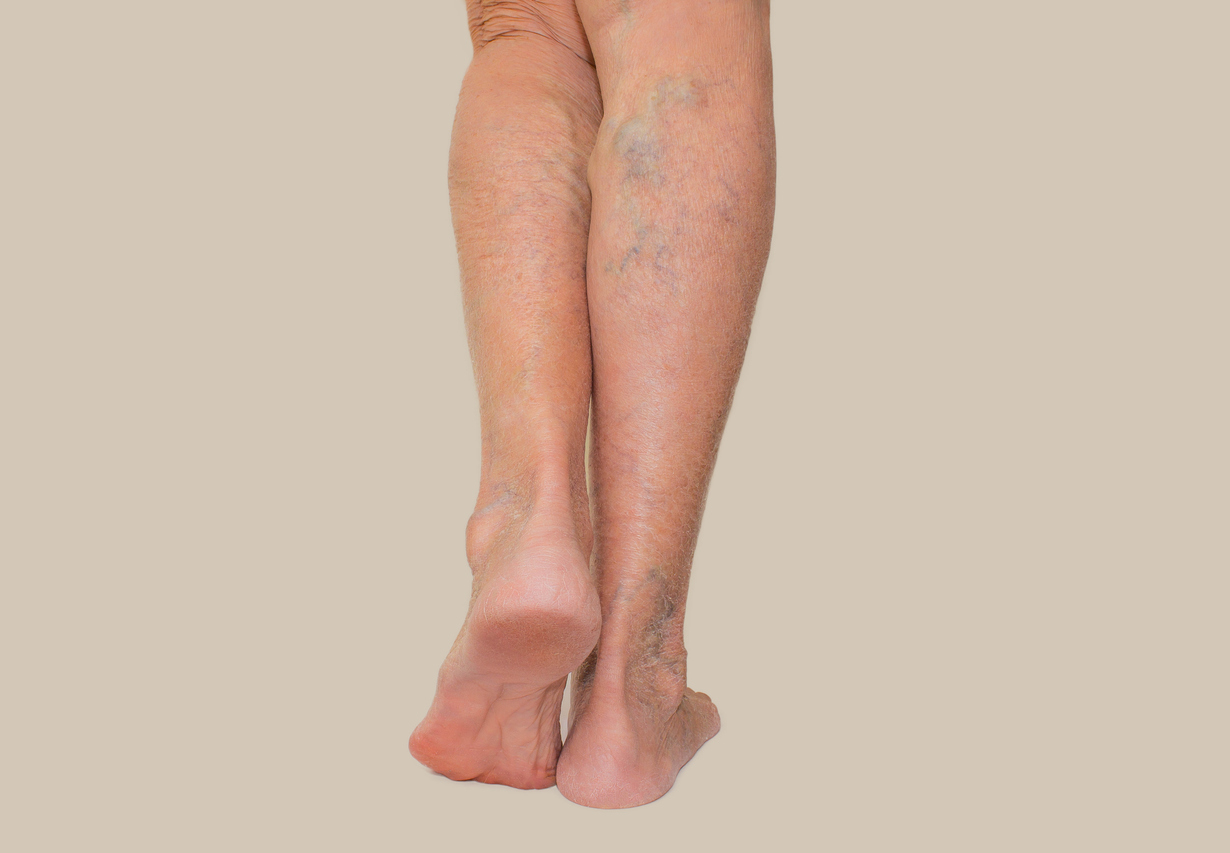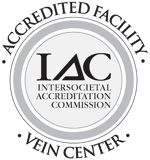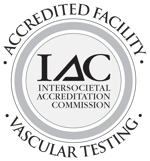Varicose veins are a common vascular condition that affects millions of people worldwide, causing both symptomatic quality of life issues and cosmetic concerns. Fortunately, advancements in medical technology have led to a variety of treatment options to address these issues effectively.
In this blog post, we will explore the latest advances in varicose vein treatment, encompassing both medical and cosmetic perspectives.
Endovenous Laser Treatment (EVLT):
EVLT is a minimally invasive procedure that uses laser energy to seal off problematic veins. It is highly effective in treating symptomatic issues such as pain, swelling, and discomfort. The procedure is performed on an outpatient basis, allowing patients to resume normal activities quickly.
Radiofrequency Ablation (RFA):
Similar to EVLT, RFA utilizes radiofrequency energy to close off diseased veins. This technique is particularly beneficial for patients with larger varicose veins. RFA offers a quicker recovery time compared to traditional surgical methods.
Sclerotherapy
Sclerotherapy is a versatile treatment option that involves injecting a solution directly into the affected veins. This is an effective solution for both symptomatic relief and cosmetic improvement. It is commonly used for smaller varicose veins and spider veins.
VenaSeal Closure System:
The VenaSeal system is a relatively new FDA-approved treatment that uses medical adhesive to seal veins. This method eliminates the need for anesthesia and compression stockings, enhancing patient comfort. VenaSeal has shown promising results in addressing both medical and cosmetic concerns.
Ambulatory Phlebectomy:
Ambulatory phlebectomy is a surgical procedure that involves the removal of varicose veins through small incisions. It is suitable for larger veins that may not respond well to non-surgical treatments. This method can provide significant relief from symptoms and improve the appearance of the legs.
Varithena Treatment:
Varithena is a newer FDA-approved procedure that specialists use to treat venous reflux disease, often the underlying cause of painful varicose veins. It uses microfoam that helps to boost the creation of clots and damaged tissue caused by particular forms of veins.
This, in return, reduces the expansion of engorged veins. However, for more prominent varicose veins, more than 3 mm in dimension, your specialist may advise on what procedure to apply.
Compression Therapy:
While not a direct treatment for varicose veins, compression therapy plays a crucial role in managing symptoms and preventing progression. Compression stockings help improve blood circulation and reduce discomfort associated with varicose veins.
These latest advances in varicose vein treatment offer a range of options to address both symptomatic quality of life issues and cosmetic concerns. Patients now have access to minimally invasive procedures, advanced technologies, and effective solutions that cater to their specific needs.
It's important for individuals with varicose veins to consult with a board-certified vascular physician to determine the most suitable treatment plan based on their condition and desired outcomes. With these advancements, managing varicose veins has become more accessible, efficient, and tailored to the individual patient's needs.
Download our Varicose & Spider Vein Treatment Comparison chart.








.jpg?width=944&name=Castle-Connolly-Top-Doctors-Emblem-Large%20(4).jpg)